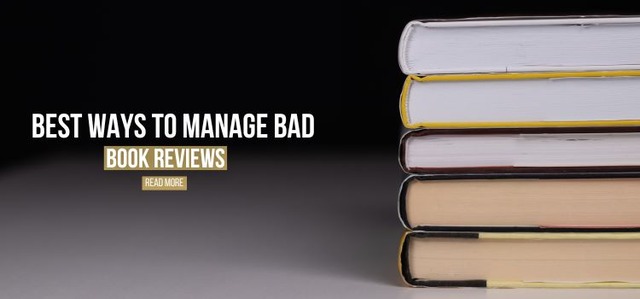As an aspiring writer, you must know where you belong. While there’s a multitude of advice, practices, marketing tips, writing guidelines, and perspectives in writing books, there’s one pitfall we often come across in new writers – unable to tag their work with the right genre. The genre helps writers find their readers’ community. And believe us, finding your niche readers is crucial for the success of your book.
But most often, we get answers like, “Yes, mine is a love triangle story, that is full of trills and supernatural elements.”
So, what is it exactly? Supernatural? Thriller? Or College Romance?
And what will be your next book be about?
Writers make it sound complex to bring an appeal, but that doesn’t answer the real problem – in which category your book will belong.
Why Finding the Genre is IMPORTANT?
Your Audience will Find You Through the Genre You Choose!!
Thousands of books are published each year, and they join the clan of millions published before them.
No matter what you write, your decision to choose the genre can be the difference between your success and failure. Unless your script fits a perfect category, say mystery, thriller, horror, romance, fantasy, or historical, it will end up nowhere.
It is like not knowing who your readers are. And without knowing your readers, you cannot market your book.
If you don’t know this, no editor, publisher, or even a self-publishing platform can be helpful.
Besides, what good would it do to your supernatural-thriller book if it is categorized in the romance section just because the superhero falls in love with the devil’s daughter?
A teenage romance reader will definitely be exasperated by reading your flying cars scenes.
Genre helps you simplify your reader’s choices and makes your book more specific.
We have said it enough – you sure have got the whiff of it.
Now it is time to learn how to figure out your book genre.
Where to Start?
The first step aspiring writers need to take is establishing an age group and genre for their work. Famous authors write on multiple genres in their careers, but most write within their niche, a place where their readers belong.
Age groups include Picture Books, Teens, Middle Grade, Adults, Young Adults, and Chapter Books.
Popular Fiction Genres Include: Thriller, Crime, Romance, Historical, Sex & Erotica, Sci-Fi, Fantasy, Horror, Mystery, and Literary
Popular Non-Fiction Include: Memoir, Self-help, Sports, Travel, Food, Fashion, True Crime, and Sports.
Your audience will play a huge role in defining your category. An example could be Sci-Fiction for Teens if your book is about teenagers trying to save their friends from demi gorgons.
Reading your book from a reader’s point of view will give you some clarity. Understanding what your readers will scream for will help you decide your genre.
For instance, if your book is full of plot twists, then your genre should more likely be Mystery.
Subgenering Your Books – The Feel and Aesthetic of Your Book
Books can get trickier as you write more. While you cannot subgenre all your books for self-publishing like how we do for movies on Netflix, you can start by narrowing down your options.
For instance, your story could be a romance, but in an erotic way, your novel could be sci-fi but with less focus on practical science, or your book could be a science non-fiction that talks about enzyme engineering only.
The easiest way to choose your subgenre is to find books similar to yours and see how they are subcategorized. Then, try placing your book’s context on the back cover of different books to find the right fit.
Another way to identify your genre and sub-genre is by summarizing your book in a few words, like the cover story. This can also act as the sales pitch and help you highlight the critical elements of your books, ultimately your subgenre.
Finally, take a look at the selection of keywords that industry-leading publishing portals use. The keywords will form the aesthetic and feel of the book. For example, ‘dark’ comedy, ‘supernatural’ thriller, and ‘erotic’ romance.
In conclusion, selecting the genre is a complex process that eventually goes easy. Try and let us know if this guide helped you choose your book.





